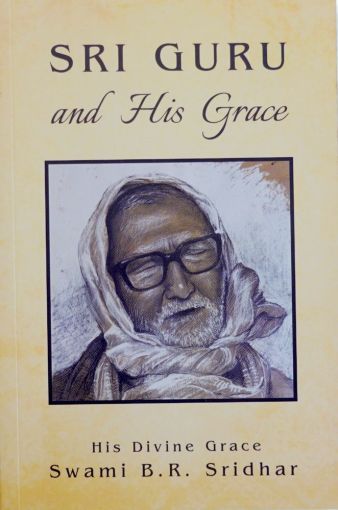
In Sri Guru and His Grace, Swami B.R. Sridhar explains why submission to the guru is indispensable for the sincere seeker. One can acquire spiritual realization only when mercy and revelation descend from the divine plane to a proper recipient by the grace of the Lord. One cannot approach that which is beyond our senses, knowledge, and imagination without His grace, for our connection with Divinity depends solely on His sweet will. We must come to faithfully depend on His divine agent, Sri Guru, the spiritual master, through whom He likes to distribute Himself.
Topics explained by the author include: - Initiation by a bonafide guru - The qualifications of a guru and disciple - The different types of gurus - The absolute and relative aspects of Guru - The line of disciplic succession - Lord Chaitanya's Instruction - The lives of the saints - The line of Sri Rupa and Preface by Srila A.C. Bhaktivedanta Swami Prabhupada.
